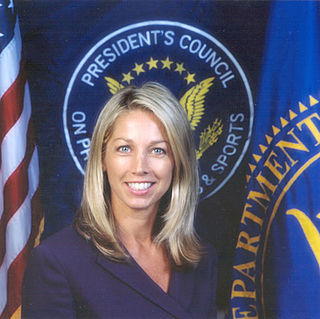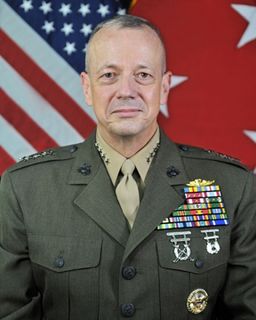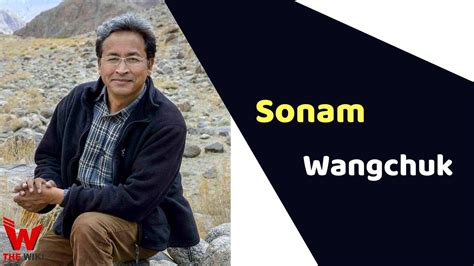A Quote by Stephen Harper
We should have been there shoulder to shoulder with our allies. Our concern is the instability of our government as an ally. We are playing again with national and global security matters.
Related Quotes
At some point, deliberation begins to look more like indecisiveness which then becomes a way of emboldening our enemies and allies and causing our allies to question our resolve. So we shouldn't let one component of this determine our national security here which depends on providing an Afghanistan which denies a safe haven to terrorists as well as stabilizing Pakistan. Those are our two national security interests at stake in Afghanistan.
And across Afghanistan, every single day, Afghan soldiers, Afghan police and ISAF troops are serving shoulder-to-shoulder in some very difficult situations. And our engagement with them, our shoulder-to-shoulder relationship with them, our conduct of operations with them every single day defines the real relationship.
Japan hosts more forward-deployed U.S. troops than any other country and serves as home port for our only forward-deployed aircraft carrier. In 2011, when a tsunami devastated Japan and created the disaster at the Fukushima nuclear facility, the United States stood shoulder-to-shoulder with our Japanese allies to respond and rebuild.
France will never forget the men who agreed to make the supreme sacrifice to liberate our soil, our country, our continent from the yoke of Nazi barbarity. It will never forget what it owes America, our eternal friend. Our two peoples have stood shoulder-to-shoulder in the brotherhood of blood spilled.
This government to government relationship is the result of sovereign and independent tribal governments being incorporated into the fabric of our Nation, of Indian tribes becoming what our courts have come to refer to as quasi-sovereign domestic dependent nations. Over the years the relationship has flourished, grown, and evolved into a vibrant partnership in which over 500 tribal governments stand shoulder to shoulder with the other governmental units that form our Republic.
Unlike President Obama, I would say that I support the long-standing bipartisan post-war belief that American global strength and leadership secures our national-security interests, and it also promotes order and stability in the world. And it gives us immense influence in the world and deters our adversaries and reassures our allies.
America is my home - I believe in her promise and I will do what I can to secure that promise for future generations of our children. America is great - not because of our military might or our economic strength - but because of the greatness of Americans, and I welcome the opportunity to stand shoulder to shoulder, side by side with all of you to preserve our heritage rich in "liberty and justice for all."
Now, here's a good question: should serious people focus on global political instability - terrorism, failing states, nuclear weapons - or should we focus on global climate instability - droughts, floods, extreme weather? Here's the correct answer: yes, both, because climate disruption will make every other national security problem worse.
Actually, the phrase "national security" is barely used until the 1930s. And there's a reason. By then, the United States was beginning to become global. Before that the United States had been mostly a regional power - Britain was the biggest global power. After the Second World War, national security is everywhere, because we basically owned the world, so our security is threatened everywhere. Not just on our borders, but everywhere - so you have to have a thousand military bases around the world for "defense."


































